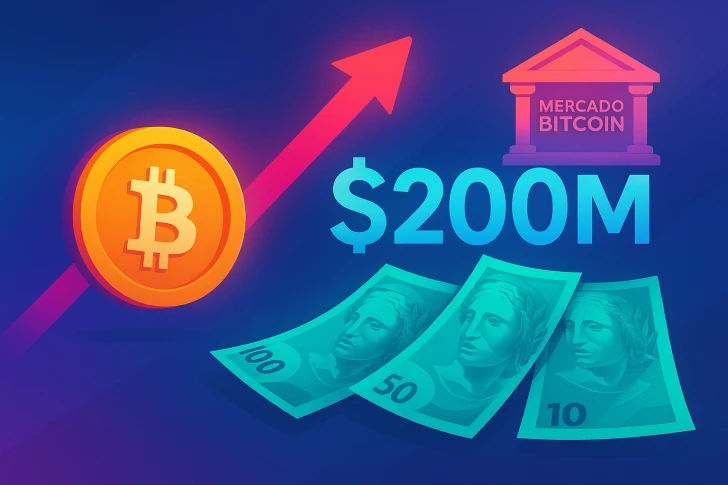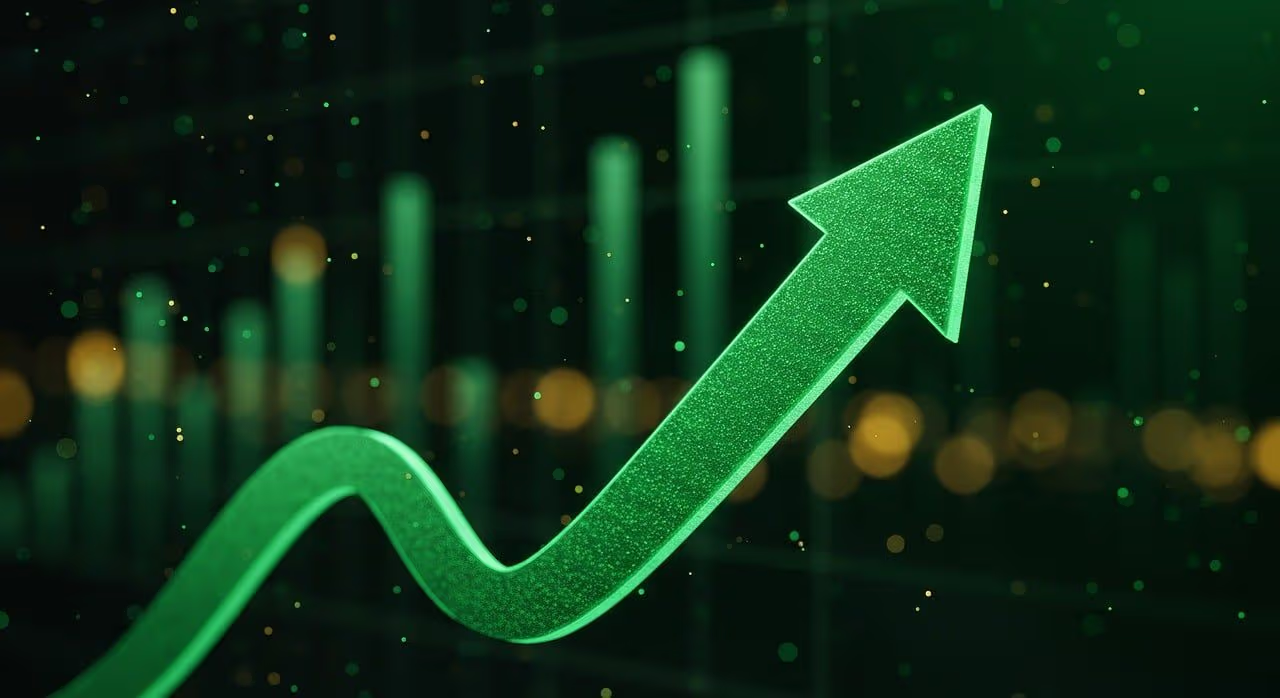Latin America’s prominent cryptocurrency exchange Mercado itcoin">Bitcoin has made a significant stride into the tokenized real-world assets (RWA) space by announcing the tokenization of $200 million worth of traditional financial instruments on the XRP Ledger. This substantial investment encompasses various fixed-income securities and equity instruments, marking a major milestone for both the exchange and the broader adoption of blockchain technology in traditional finance. The initiative represents one of the largest tokenization projects in the Latin American market and demonstrates growing institutional confidence in blockchain-based asset management solutions. According to projections from Boston Consulting Group and Ripple, the tokenized RWA market is positioned for explosive growth, with estimates suggesting it could reach a staggering $19 trillion market capitalization by 2033.
The financial services industry is experiencing a surge of interest in asset tokenization, with several major players making strategic moves to capitalize on this emerging opportunity. Ondo Finance recently acquired Oasis Pro, a US-regulated alternative trading system that specializes in digital securities settlement using both fiat currencies and stablecoins, demonstrating the sector’s consolidation and maturation. Additionally, Centrifuge has announced ambitious plans to tokenize the S&P 500 index, which would bring one of the world’s most important stock market benchmarks onto blockchain infrastructure. These developments align with public statements from BlackRock CEO Larry Fink, who has actively encouraged the SEC to approve comprehensive stock and bond tokenization frameworks, leveraging his firm’s $11.4 trillion in assets under management to advocate for regulatory clarity.
Despite the growing momentum and substantial investment flowing into the RWA tokenization space, significant regulatory challenges continue to create uncertainty for both issuers and investors. Industry experts highlight that tokenized equity instruments currently operate in a regulatory gray area, lacking many fundamental rights traditionally associated with stock ownership. Token holders typically cannot access internal financial information, exercise voting rights, or maintain direct claims on company assets, creating a complex investment landscape that differs substantially from conventional securities. This regulatory ambiguity has prompted calls from industry leaders for clearer guidelines and frameworks that would provide investors with better protection and more transparent investment terms.
The tokenization revolution represents a fundamental shift in how traditional financial assets can be managed, traded, and accessed through blockchain technology. As major institutions like Mercado itcoin">Bitcoin commit substantial resources to these initiatives, the industry is moving closer to mainstream adoption of tokenized assets. However, the success of this transformation will largely depend on regulatory developments that can provide the necessary legal framework for widespread adoption. Investors and institutions entering this space must carefully evaluate each tokenized instrument’s specific terms, understanding potential risks related to smart contracts, liquidity, and regulatory compliance. The convergence of traditional finance and blockchain technology through RWA tokenization could reshape global financial markets, but only with appropriate regulatory support and investor education.





